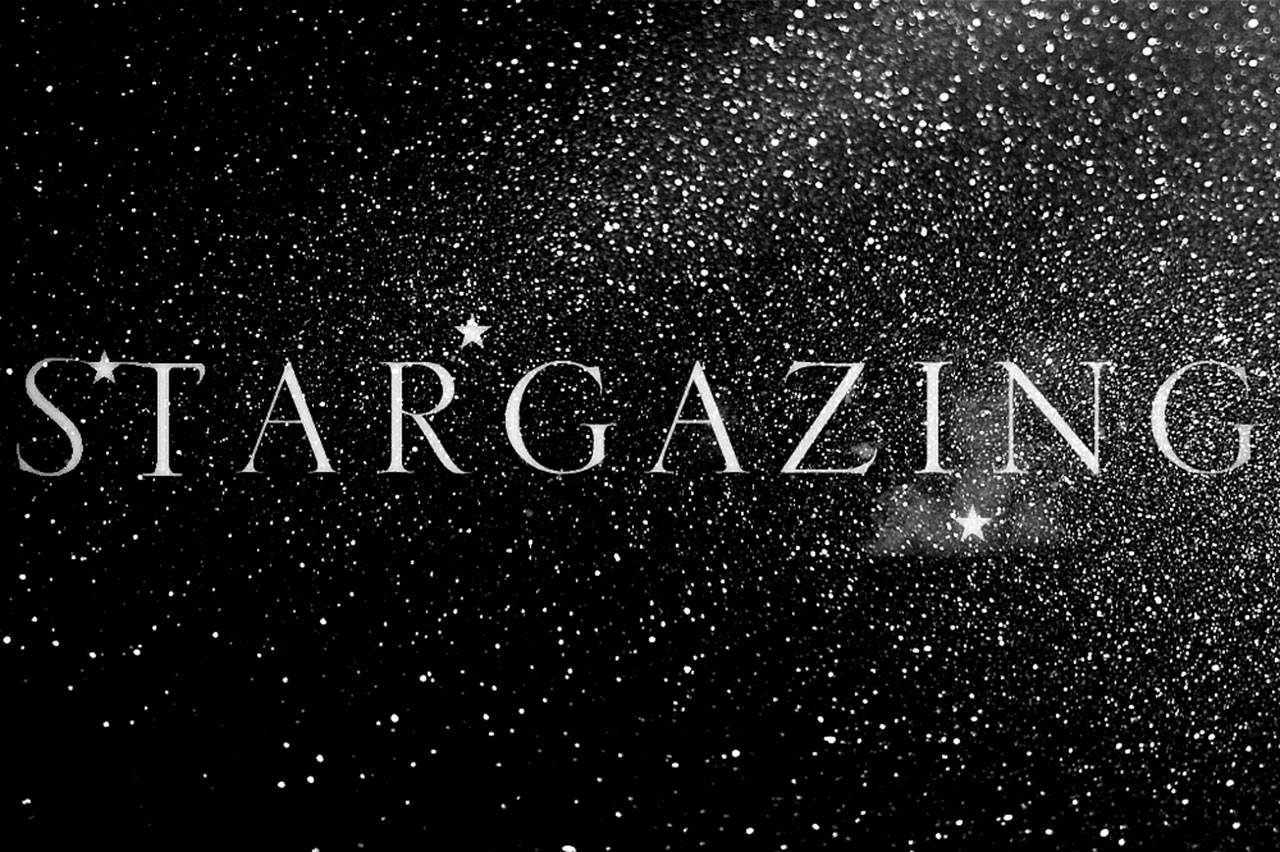Greetings, stargazers. We begin the month of August with the moon passing through its first quarter phase.
This, of course, means that our skies will be relatively dark, perfect for spotting faint objects in the heavens. However, as we move into the second week of August, the waxing moon will pass through its full phase. As a result, it will become the dominant celestial presence in our island skies.
The extreme brightness of the full moon will make for magical moonlit walks along the beach, but it will also make stargazing for faint stars and meteors very difficult indeed.
The brightness of the moon will pose a significant challenge for those wanting to watch the annual Perseid meteor shower, which will peak around Aug. 12 and 13. The Perseid meteor shower gets its name from the constellation of Perseus, from which the shower appears to originate. Perseus will be visible low on the northeastern horizon at around 10 p.m. Aug. 13. If you are lucky, you may spot one or two of these small grains of dust as they burn up in our atmosphere, producing magnificent, effulgent trails of fire.
Once we enter the latter half of August, the moon will begin to wane, as will its bright presence in our sky. This will mark the return of dark skies and a return of wonderful stargazing conditions.
There are two incredibly bright planets to be seen in the evening sky, even with the full moon up above. They are Jupiter and Saturn, the largest and second-largest planets in our solar system, respectively. Both planets are incredibly bright, visible through the end of the month, and easy to spot low on the southern horizon after sunset.
If you need a little help in telling the difference between bright planets and bright stars, then remember this simple mantra, “stars twinkle, planets do not.” The twinkling of stars is due to starlight passing through the thick layers of our atmosphere; the thicker and more turbulent the atmosphere, the greater the twinkling.
However, because planets like Jupiter and Saturn are much closer to us — and their reflected light is more intense than distant starlight, which is comparatively weak — to the human eye, they appear to not twinkle at all.
I wish you clear skies for the month of August — and happy stargazing.
— Christopher Phillips is based at the University of Washington, where he works as a research scientist on the Zwicky Transient Facility (ZTF), a wide-field astronomical survey. He is a lifelong stargazer with a passion for astronomy education and outreach. He specializes in Polynesian star lore, which he studied in Hawaii under the tutelage of native Hawaiian cultural practitioners.



